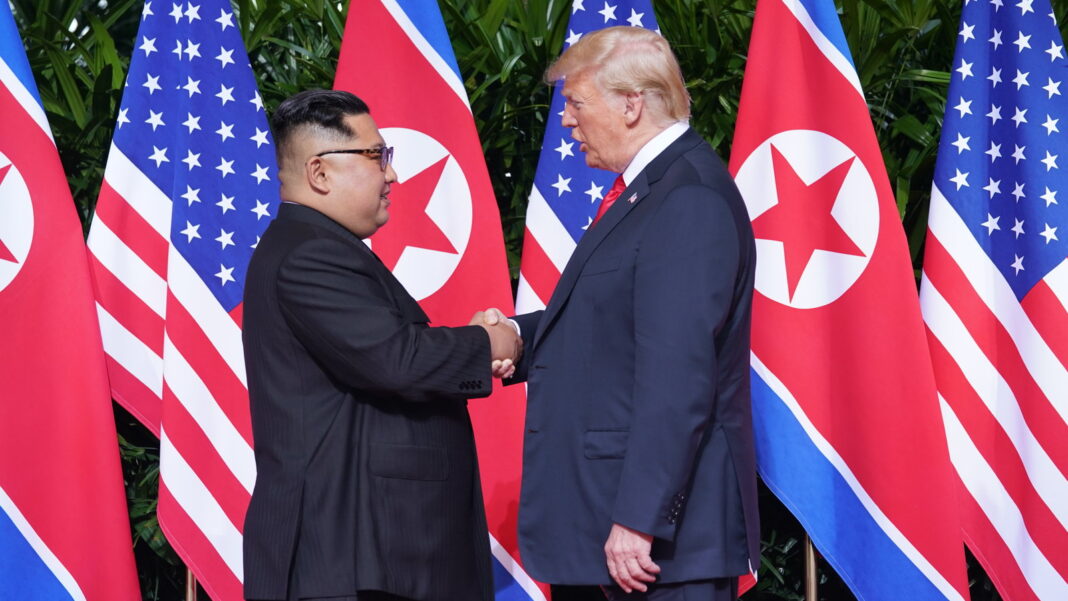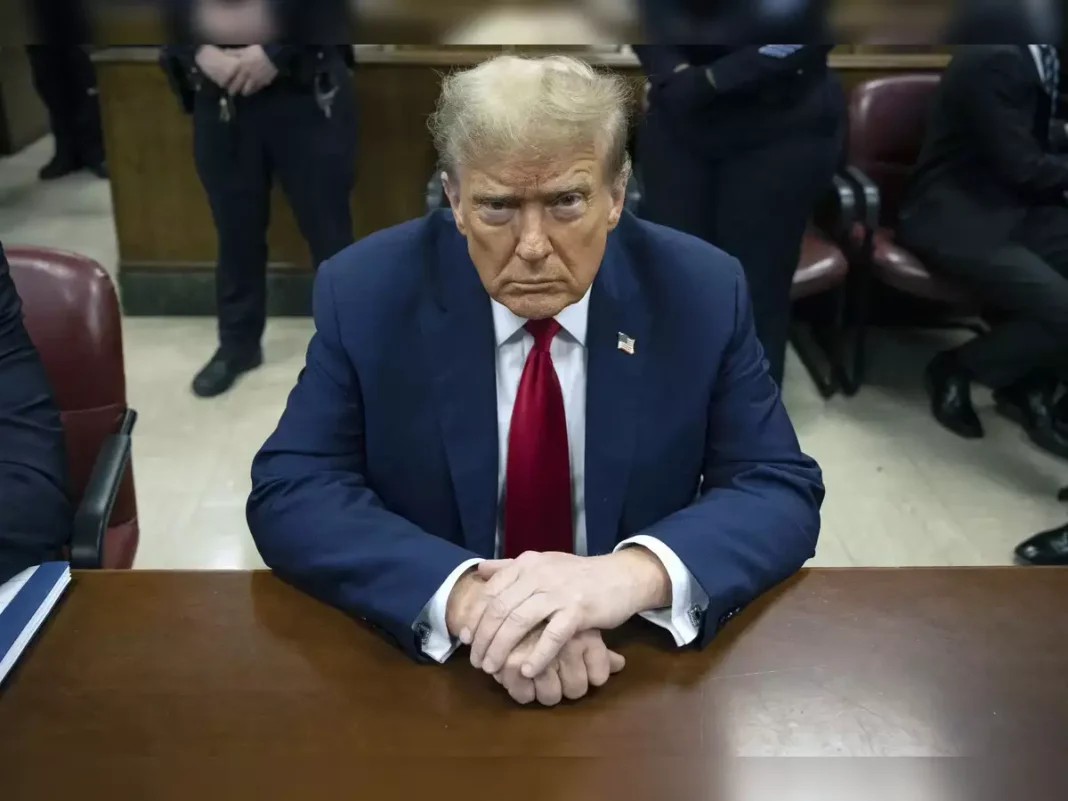In a surprising statement, President Donald Trump proposed “denuclearization” talks with two of the U.S.’s greatest adversaries, Russia and China, highlighting the urgency of nuclear arms control. Speaking at the World Economic Forum in Davos, Switzerland, Trump expressed optimism, saying, “I want to see if we can denuclearize, and I think it’s very possible.” This suggestion of a nuclear arms reduction agreement, which would include the U.S., Russia, and China, has generated significant attention and debate.
Trump’s remarks could signal a shift in U.S. foreign policy, aiming to ease tensions and limit the destructive capacity of nuclear weapons. However, questions loom over whether Russia and China, with their own nuclear ambitions, would uphold such an agreement. Russia has previously suspended participation in the New START treaty, citing U.S. involvement in the Ukraine conflict, and China has not engaged in arms control talks with the U.S. in the past.
The potential deal, which Trump claims he almost finalized during his first term, would have focused on reducing nuclear arsenals, but faced interruptions due to political setbacks. Meanwhile, China is expected to expand its nuclear arsenal, potentially doubling its current stockpile of 600 warheads. Russia, under Vladimir Putin, has shown reluctance to engage in further arms control, citing the ongoing “hybrid war” with the U.S. over Ukraine.
Experts warn that Russia’s nuclear arms leverage may be a tactic to gain U.S. concessions on the Ukraine conflict, with John Erath from the Center for Arms Control and Non-Proliferation cautioning that such negotiations might be used to manipulate U.S. interests.
While the prospect of denuclearization is appealing, analysts argue that the U.S. must balance any potential agreements with a strategy that deters multiple nuclear competitors, including North Korea and Iran, both of whom are nuclear-capable. Despite these challenges, the Trump administration’s pursuit of denuclearization could redefine U.S. foreign policy, but its success hinges on the cooperation of other nuclear powers.


